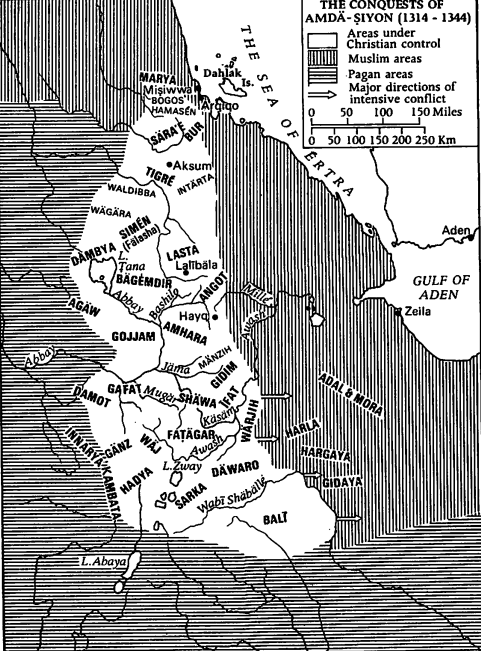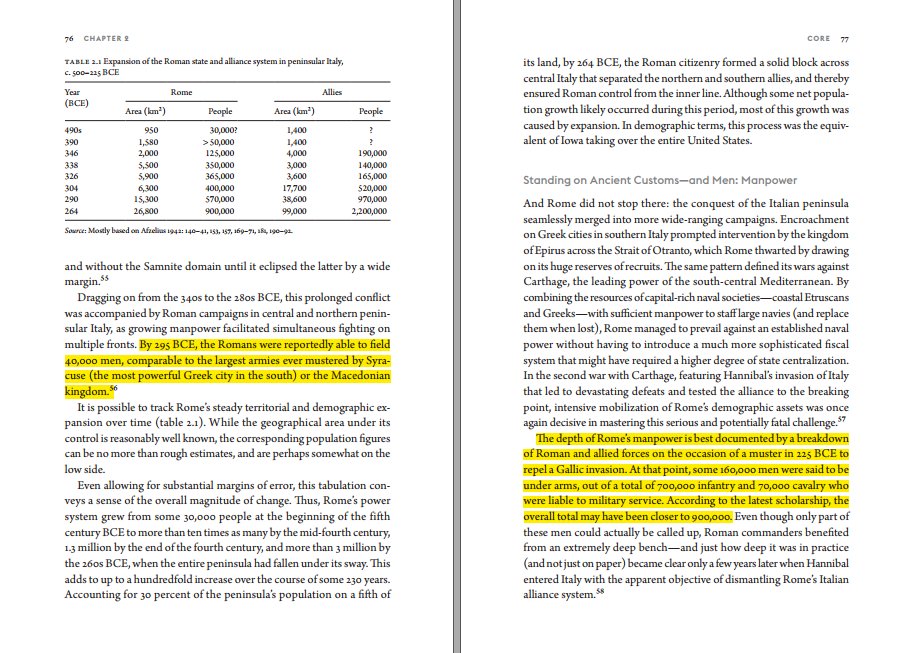
"How can we reconcile Museveni’s political thought with his political practice, One way to read Uganda’s predicament is as a dialogue between Museveni’s ideas and the international economic order which confronted him"
@alykhansatchu
roape.net/2021/07/27/the…
@alykhansatchu
roape.net/2021/07/27/the…
“A multiparty system in an industrialised society is likely to be national, while in a preindustrial society its likely to be sectarian”
"That self-serving logic underpinned Museveni’s view that the wrong sort of democracy, too soon, threatens cohesion and hinders modernisation"
"That self-serving logic underpinned Museveni’s view that the wrong sort of democracy, too soon, threatens cohesion and hinders modernisation"
"Museveni initially resisted IMF structural adjustment, but 191% inflation, foreign aid funding half of gov't, he changed course"
“In his search for the new Jerusalem, he went to the precipice, peered over the edge and didn't like what he saw, That is why he will never go back.”
“In his search for the new Jerusalem, he went to the precipice, peered over the edge and didn't like what he saw, That is why he will never go back.”
"The proportion of Ugandans living below World Bank’s extreme poverty line fell from 58% in 1989 to 36% in 2012. GDP growth averaged 6.9% a year, faster than in Singapore. Museveni lapped up praise – and money – from the Western governments that bankrolled him"
"but under Museveni’s rule the hustling class grew
It was the hustlers – not an industrial proletariat – that became the lifeblood of urban culture and Bobi Wine, the man who now poses the greatest threat to his regime"
“He has been through it, and he can help us through this.”
It was the hustlers – not an industrial proletariat – that became the lifeblood of urban culture and Bobi Wine, the man who now poses the greatest threat to his regime"
“He has been through it, and he can help us through this.”
"a naïve sense that if only Museveni were gone then Ugandans would “walk with swag”
"Despite his mural of Thomas Sankara and fondness for pan-African iconography, Bobi Wine and his closest associates do not seem especially curious about the dynamics of global capitalism"
"Despite his mural of Thomas Sankara and fondness for pan-African iconography, Bobi Wine and his closest associates do not seem especially curious about the dynamics of global capitalism"
"Museveni created the ghetto: now he must cajole, co-opt and crush it. In his self-righteous violence and petty machinations, he evokes both Napoleons at once: the blood-soaked general and the wily schemer.
This time as tragedy. This time as farce."
This time as tragedy. This time as farce."
• • •
Missing some Tweet in this thread? You can try to
force a refresh

























